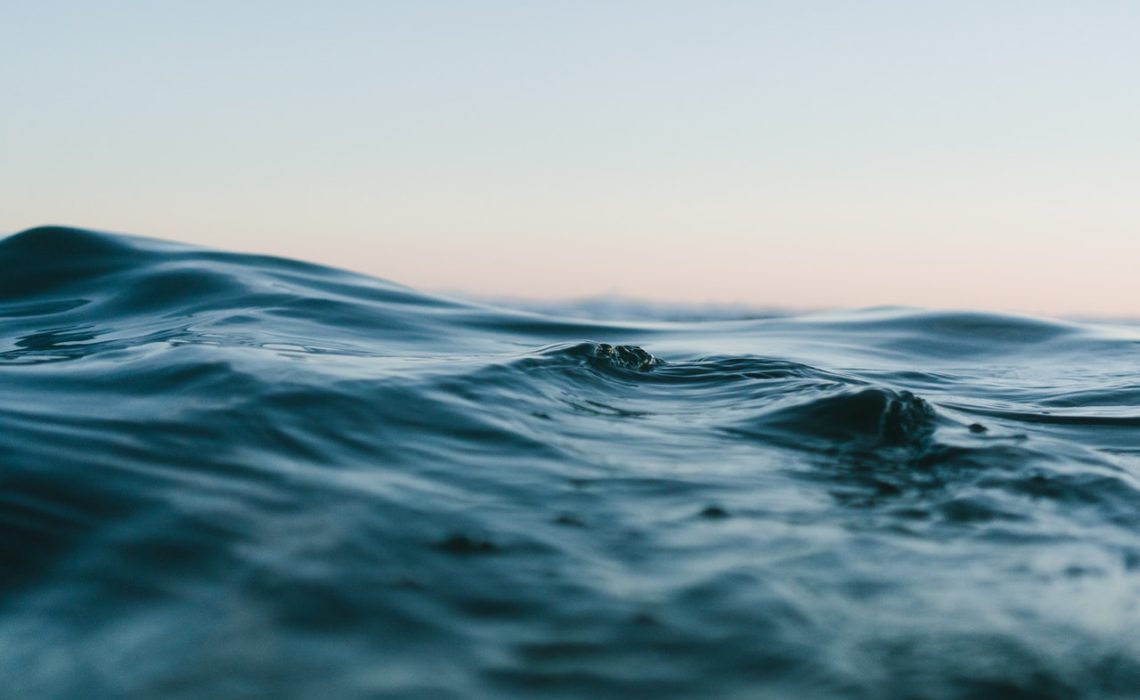
It goes without saying that water is critical to our daily existence. In many cases, we don’t give any thought to where the beverage comes from before we gulp it down. People seldom believe that the water in their homes is devoid of bacteria and other microorganisms. In this case, a filtration and water softener system come into use.
It’s clear what a water filtration system accomplishes from the name alone. It does all the work of purifying the water so that you may use it for drinking and other uses. Filtration units and processes are also part of public water distribution systems. However, you’ll find that state-by-state, these protocols vary.
You may notice a difference in quality of your water depending on where it comes from, how it is treated, and how it travels through your area’s water pipes. Lead pipes, for example, were once often used in water filtration systems because of the risk of lead leaching into the water.
A water filtering system’s function
The primary goal of water filtration systems is to keep people healthy by removing pathogens that can be spread through contaminated water. Those with weak immune systems, notably the elderly and newborns, are particularly vulnerable to illness caused by polluted water.
Several epidemics in the general population are attributed to polluted water, according to some estimates. Copper, hepatitis A, and Norovirus have all been identified in tap water in the past, as has E. coli and salmonella. Respiratory difficulties, renal troubles, cancer, and a host of other health concerns can result if these toxins are present in your drinking water.
Hair and skin can also be harmed by a polluted water source. The danger of drinking water contaminated with heavy metals is clear. All these contaminants will be removed from the water you consume if you use a decent water filter system.
Is bottled water a better option?
Alternatively, you may buy pre-filtered water in a bottle. It’s important to keep in mind, though, that buying bottled water will cost you more money in the long term. Installing a water filtration system, on the other hand, might be more expensive in the long run. But in the long term, it will save you more money.
Not to mention the fact that purchasing bottled water has its own set of problems. Among other things, they raise your carbon footprint and use of plastics. As a result, you will have a direct impact on the growth of pollution. Plastic bottles are used to transport and storewater for drinking or washing purposes. Even though most of them are recyclable, they nonetheless end up in rivers and seas, posing an environmental risk.
Selecting an effective water purification system
Some chemical types may be better to avoid than others, and this will depend on the climate where you reside. To find out which chemicals are often found in the water supply in your region, you may have to do some investigating. Based on this knowledge, you should select a water purification method that focuses on and eliminates these toxins.
Conclusion
Installing a water filtration system is critical, and we hope that you now see the importance of doing so. Installing a filtration system might be viewed as an investment in one’s own health. You can only think how much money you’ll save by not having to pay for medical visits. Not to add, drinking tainted water has a detrimental effect on your health. So, it’s not only about saving money. Consider hiring a drinking water delivery service Erie on a weekly basis. That may be more convenient for certain folks. It all boils down to what works best for you and your lifestyle.

